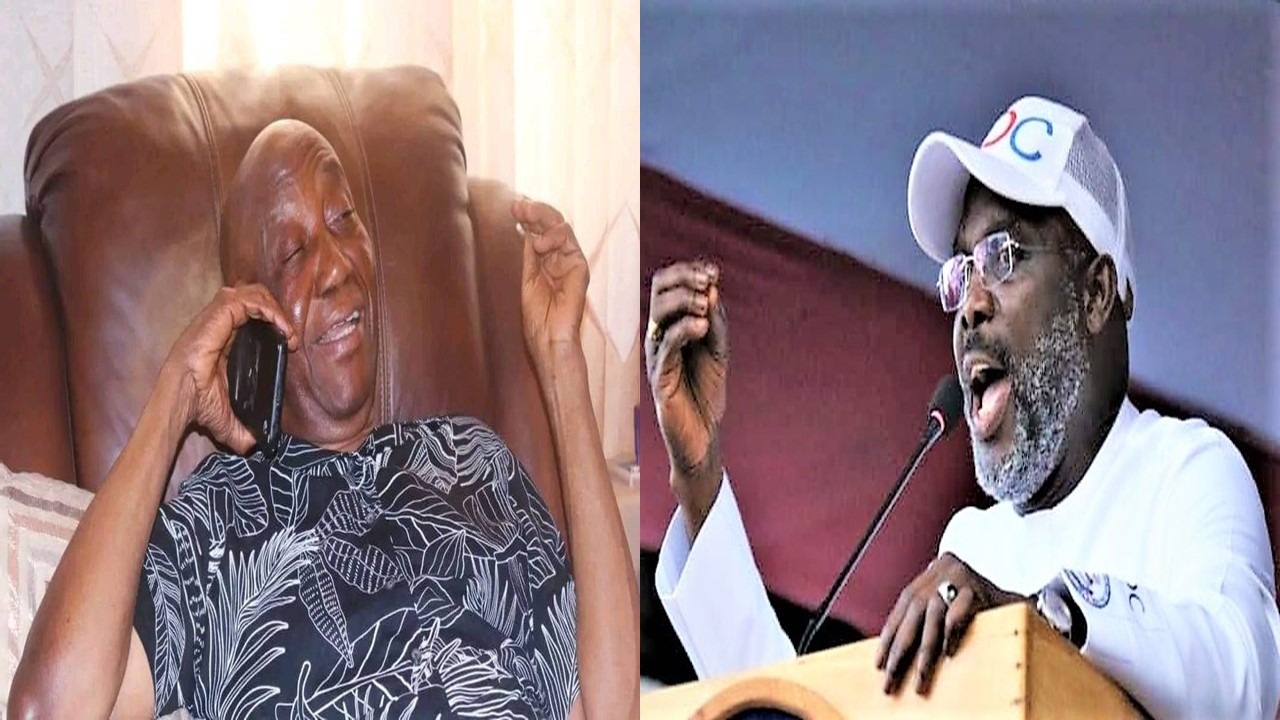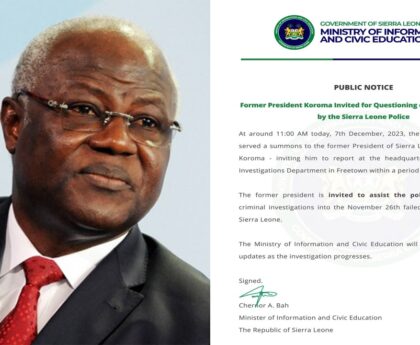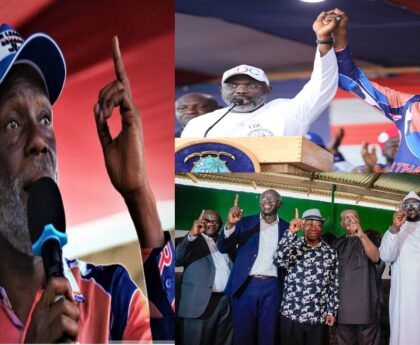The recent defeat of President George Weah in the presidential election has drawn attention not only for its political implications but also for the manner in which the concession was conveyed. Unlike his opponent in the 2017 election, Amb. Joseph Nyumah Boakai, who made a video-recorded concession speech shared on various social media platforms, George Weah’s concession took the form of an audio recording broadcast on the state-owned ELBC (Liberia Broadcasting System). The differences in these approaches have sparked discussions about the emotional toll of defeat on George Weah and the evolving dynamics of political communication.
One striking aspect of George Weah’s concession is the absence of a live or video-recorded address. The decision to opt for an audio recording, broadcast on a state platform, suggests a departure from the more visually accessible and shareable format that video speeches offer in the digital age. This choice has prompted speculation about the emotional state of the outgoing president and the impact of the defeat on his willingness to address the public directly through a video message.
Political analysts suggest that the trauma associated with defeat, especially for a public figure like George Weah, may have played a role in the choice of communication format. The inherent vulnerability of a live or video appearance, where facial expressions and body language are exposed, contrasts with the relative anonymity of an audio recording. George Weah’s decision to convey his concession in this manner could reflect a desire for a more controlled and measured delivery during a challenging moment.
It’s worth noting that the landscape of political communication has evolved significantly since the 2017 elections. Video-recorded concession speeches have become the norm, providing a more personal and immediate connection with the public. Amb. Joseph Nyumah Boakai’s video message in 2017, widely shared on social media, is an example of the contemporary expectations surrounding concession speeches.
As Liberia reflects on this shift in communication approach, it opens a broader conversation about the emotional toll of electoral defeat on political leaders. Beyond the political implications, the public response to George Weah’s concession may also influence how future leaders navigate the delicate balance between vulnerability and public appearance during moments of defeat.
In the coming weeks and months, as the political landscape continues to evolve, the mode of concession communication may become a talking point in discussions about leadership, resilience, and the changing dynamics of political discourse in Liberia.




